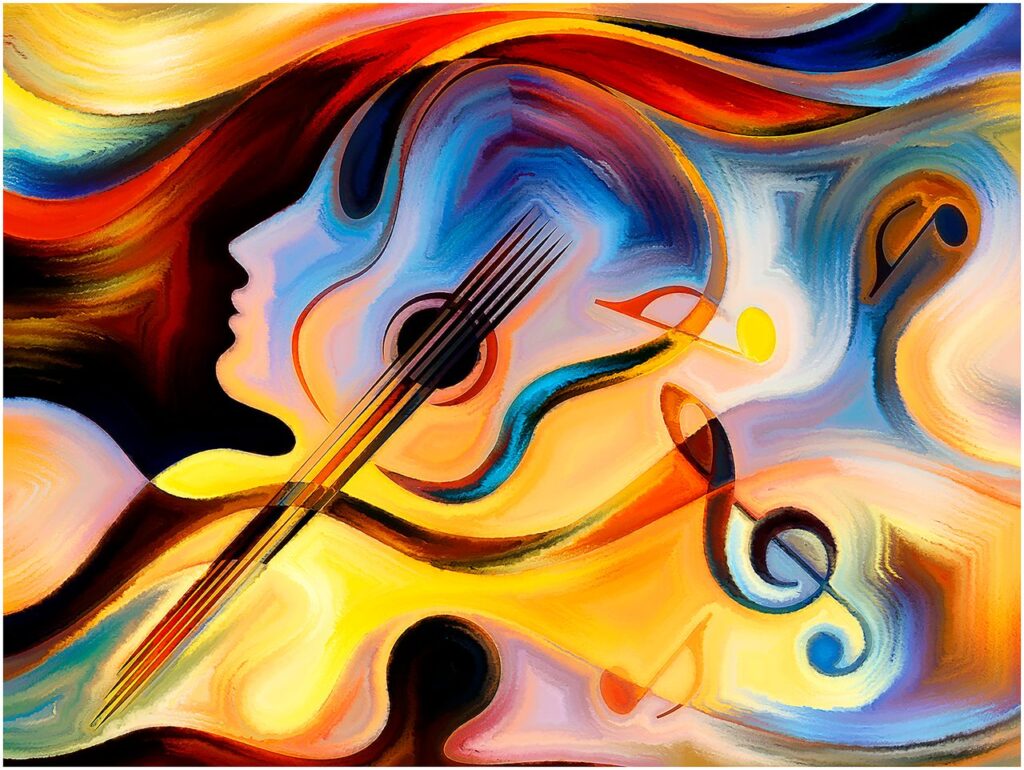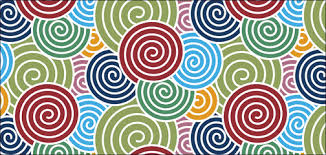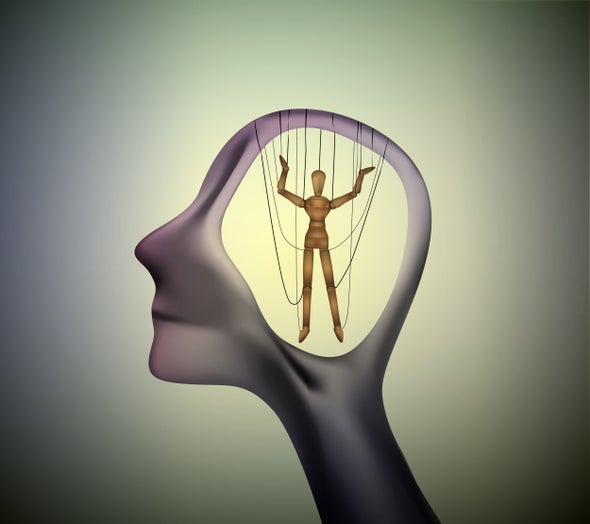WESTWORLD
The original idea was a movie created by Michael Crighton, creator / writer of Jurassic Park. After seeing the show Westworld, the HBO series, I watched the original movie, but it was dismally boring compared to the new, improved, high tech version. Still, it’s not for everyone. Although the show is fascinating in and of itself, it is the accoutrements and special effects that make it riveting. While it is often too complicated so that the viewer has to pause and regroup to figure out what is actually going on, the show poses several deep, esoteric questions.
The first season was my favorite. I liked the pacing, the characters, and the twists and turns that almost always surprised me. The special effects are state of the art, what one would expect of 21st century film-making technology. Yet, one of the best effects was the music, which can be compared to the series Mr. Robot, in that the music was not just something playing in the background to build suspense or complement the emotional moment, but the music is an integral part of the scene. It is not merely ambiance, it is part and parcel of the story.

Season 3 uses music constantly, and almost all the characters speak in a breathy, whispery voice. Together with the lighting, season 3 is a departure from the first 2 seasons, creating a film noir, animated graphic novel of sorts, with real people. There are too many chase scenes and fights for my taste, but the story itself unfolds in a way that keeps you guessing and tackles those esoteric questions.
For instance ( not to give too many spoilers) there is a villain who is keeping the human race under control by manipulating the programs in their minds, essentially turning them into living robots. The actual robots (hosts, as they are called in Westworld – a fantasy resort where you can go and play out your wildest dreams, allowing your ‘id’ to run free) want to be released from their bondage (programming), so when they discover that the humans are being controlled, they attempt to free both the humans and the robots. In short, they want to restore free will.

So, that got me thinking. Having observed humans and their behaviors, I am not certain that there is much of anything we do that can be considered free will. According to psychology and biology, humans have neurotransmitters that determine behaviors such as addictions and habits. The advertising industry has capitalized on our psychology, subliminally seducing our brains into predictive behaviors. Group mind persuades us to act unconsciously. DNA, years of conditioning through societal mores, and possibly karma often predetermines our attitudes and actions. For instance, most people who have been abused in some fashion, will continue to perpetrate the abuse to others, without thought or willfulness.

So, I suppose it is possible to exercise free will to some extent. An abuser who becomes aware of his / her behavior can choose to change it. Men, who have treated women a particular way for millenia, can choose to change the course of their actions. And so forth.
Yes, things can change when people make a conscious effort to change them, so I suppose that can be considered free will. But how often do patterns change? Most humans are led by emotions, misinformation through lack of education or understanding, or by patterns. Thus, I have to wonder, did the villain who chose to control the subtle movements of humans in the show Westworld, by manipulating their brains with a computer program, thus creating a less chaotic world – was he truly a villain? Do humans really have free will? Or is that just a fanciful concept that we entertain?
